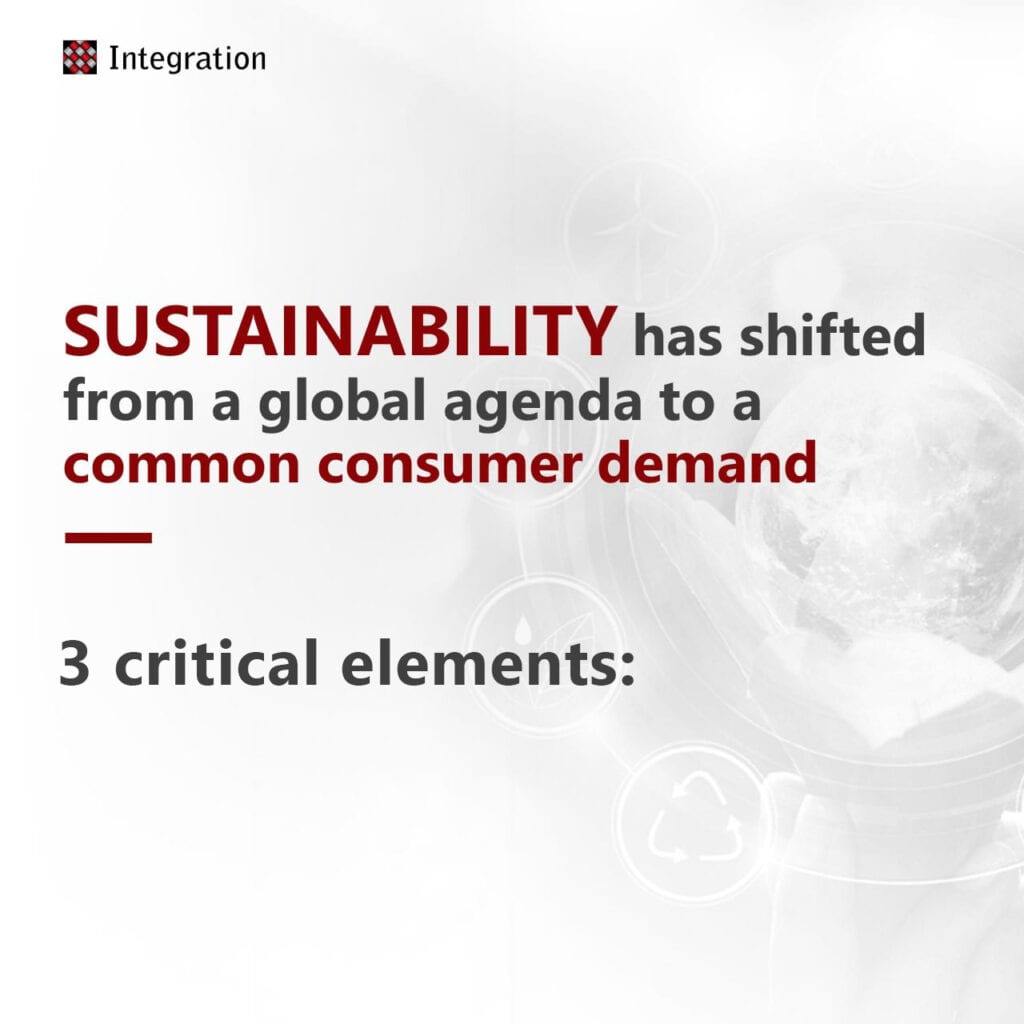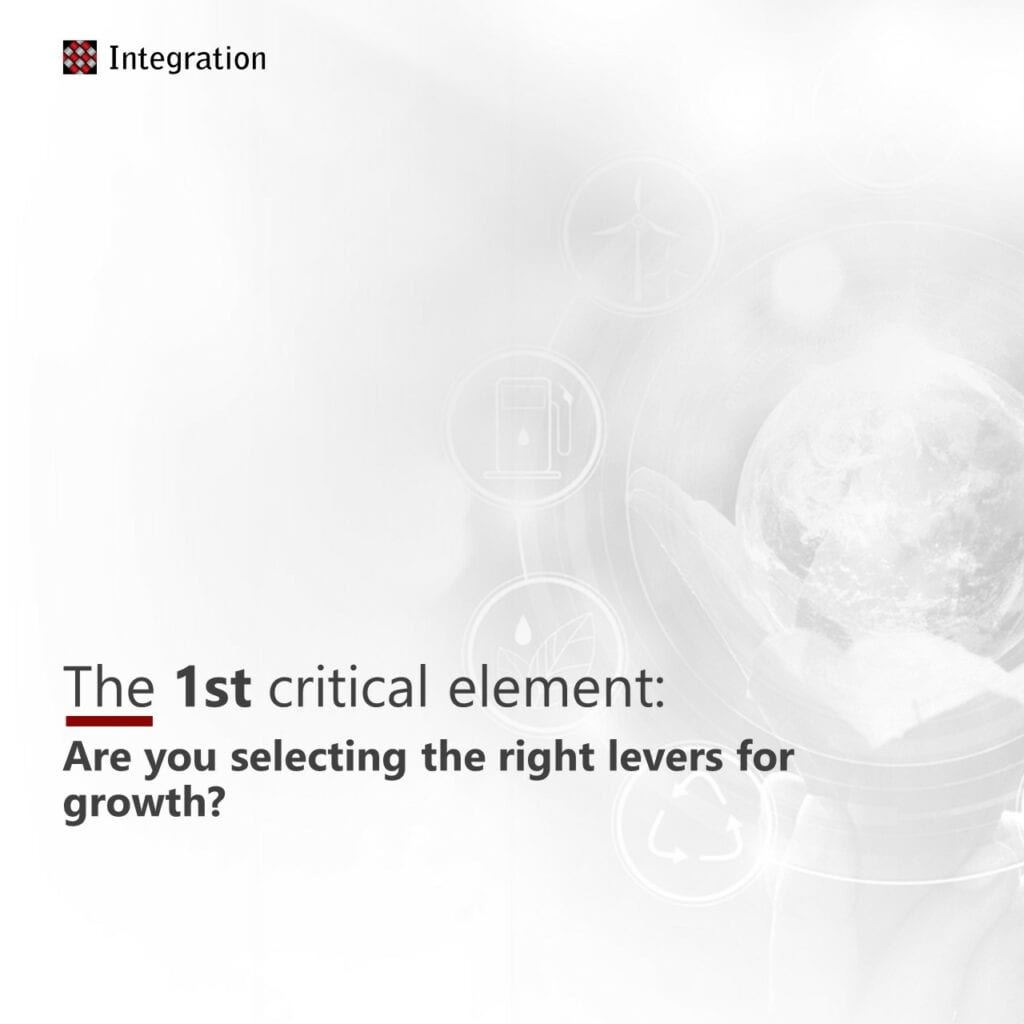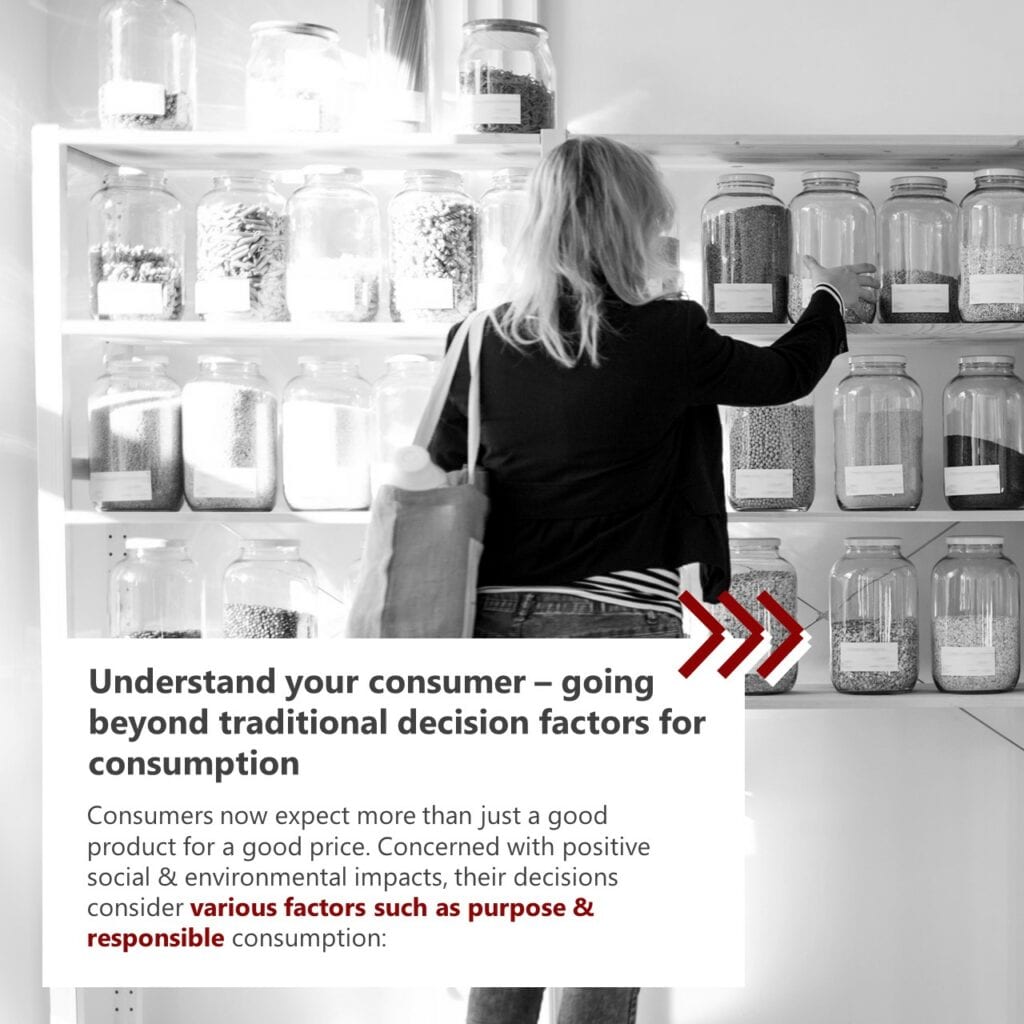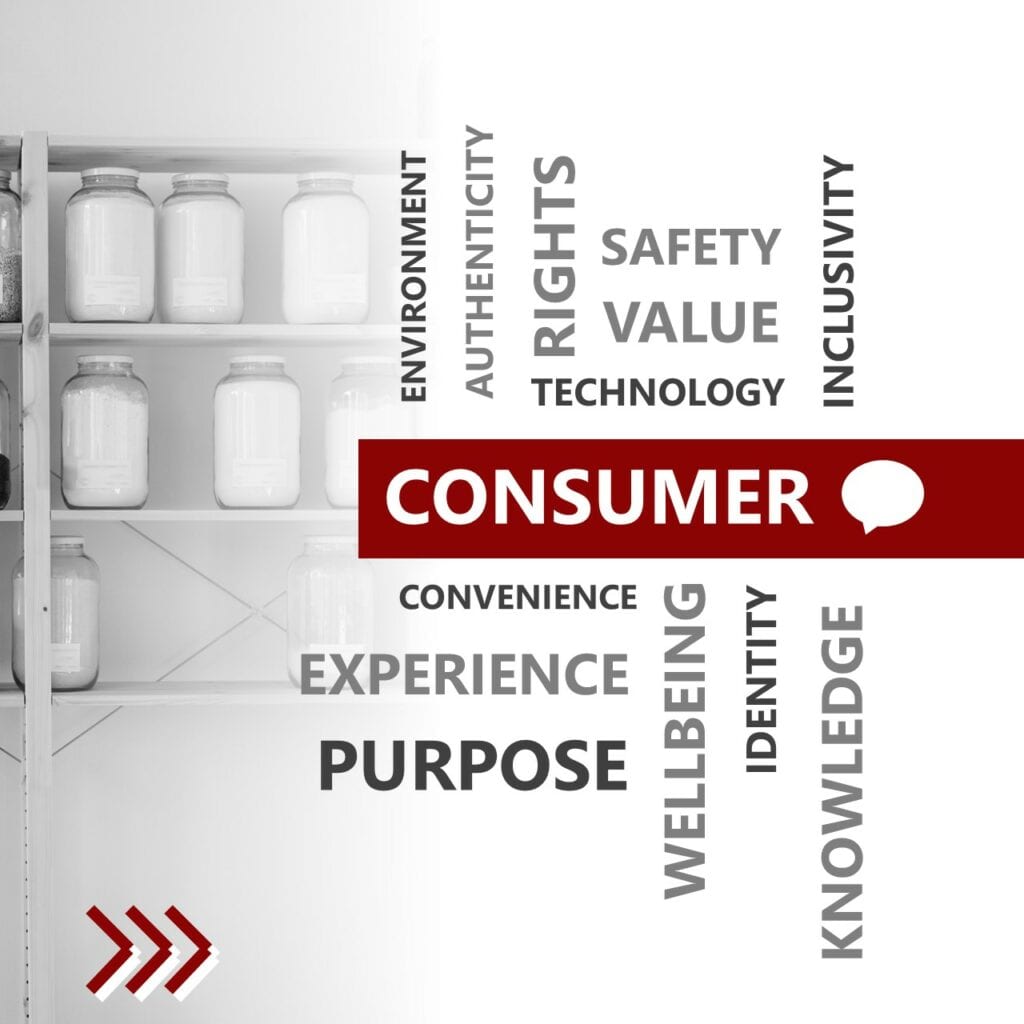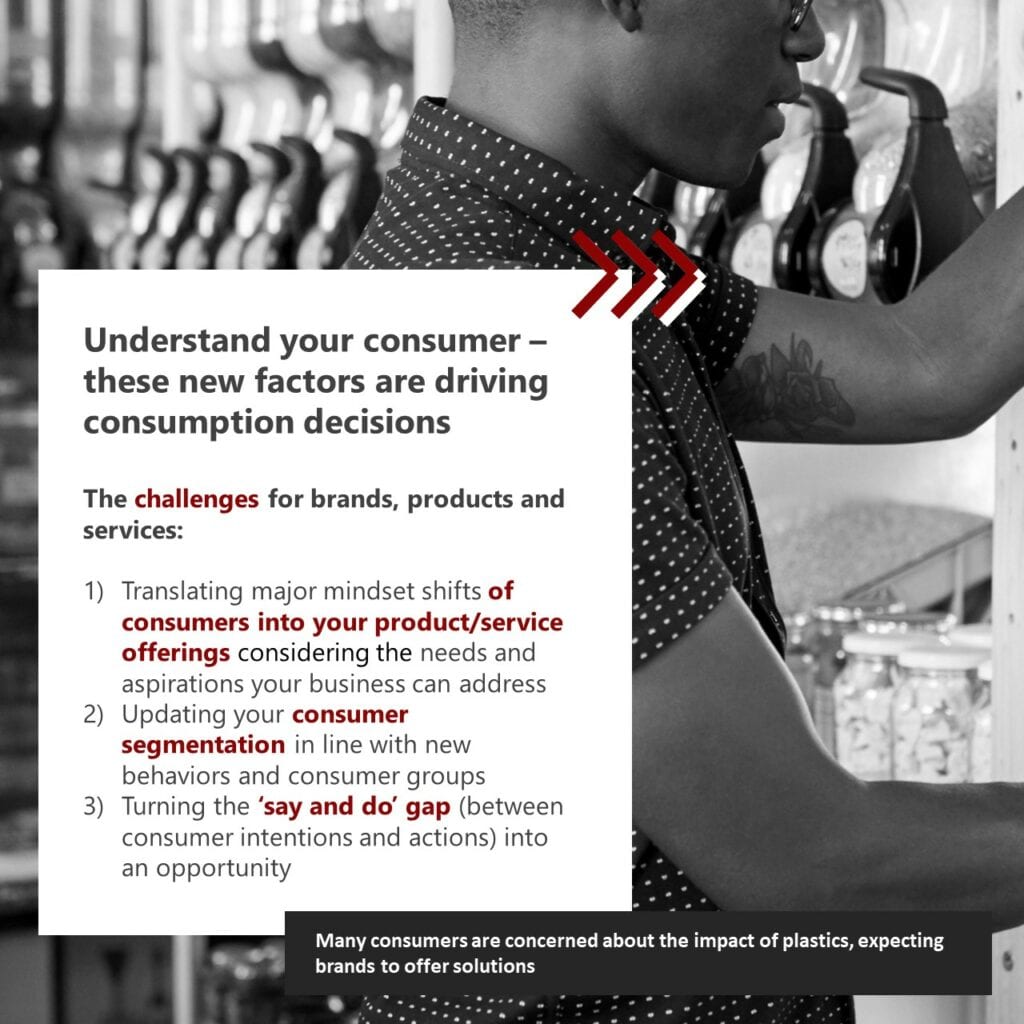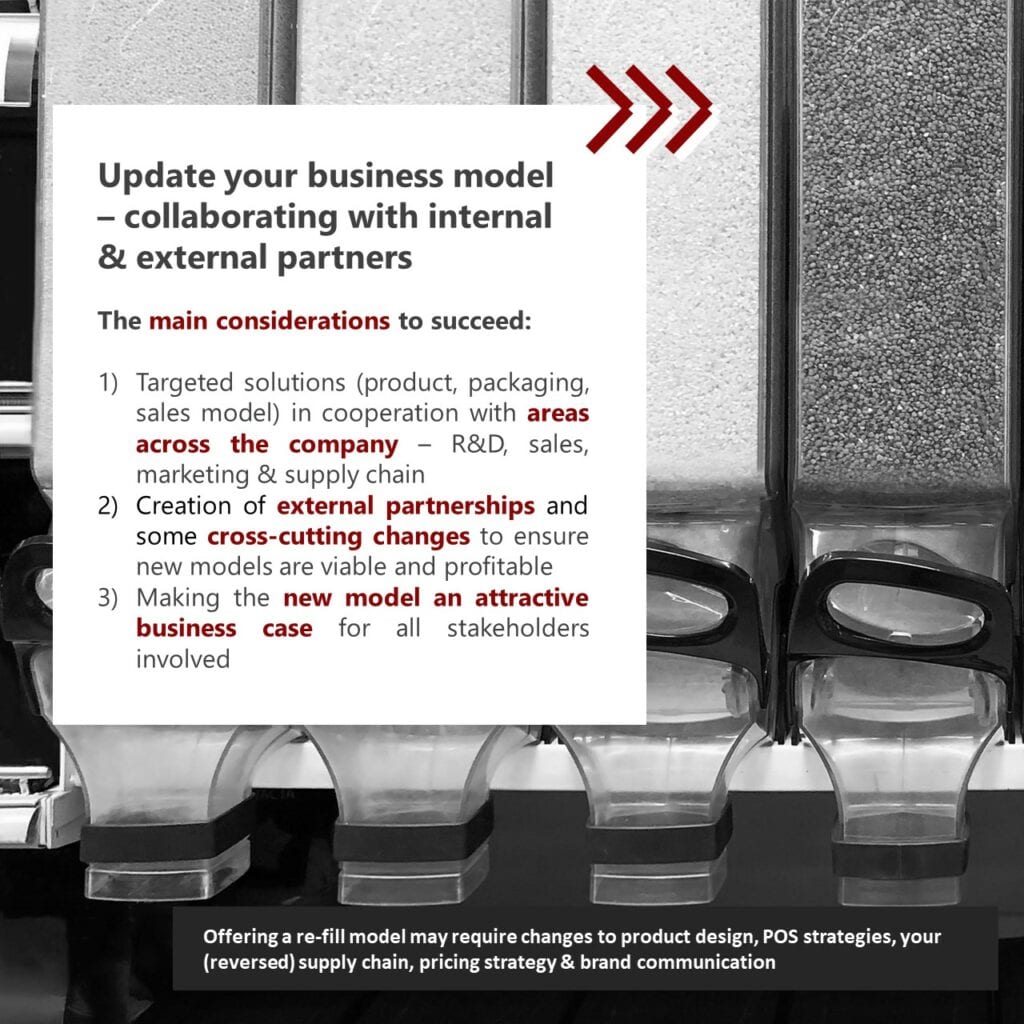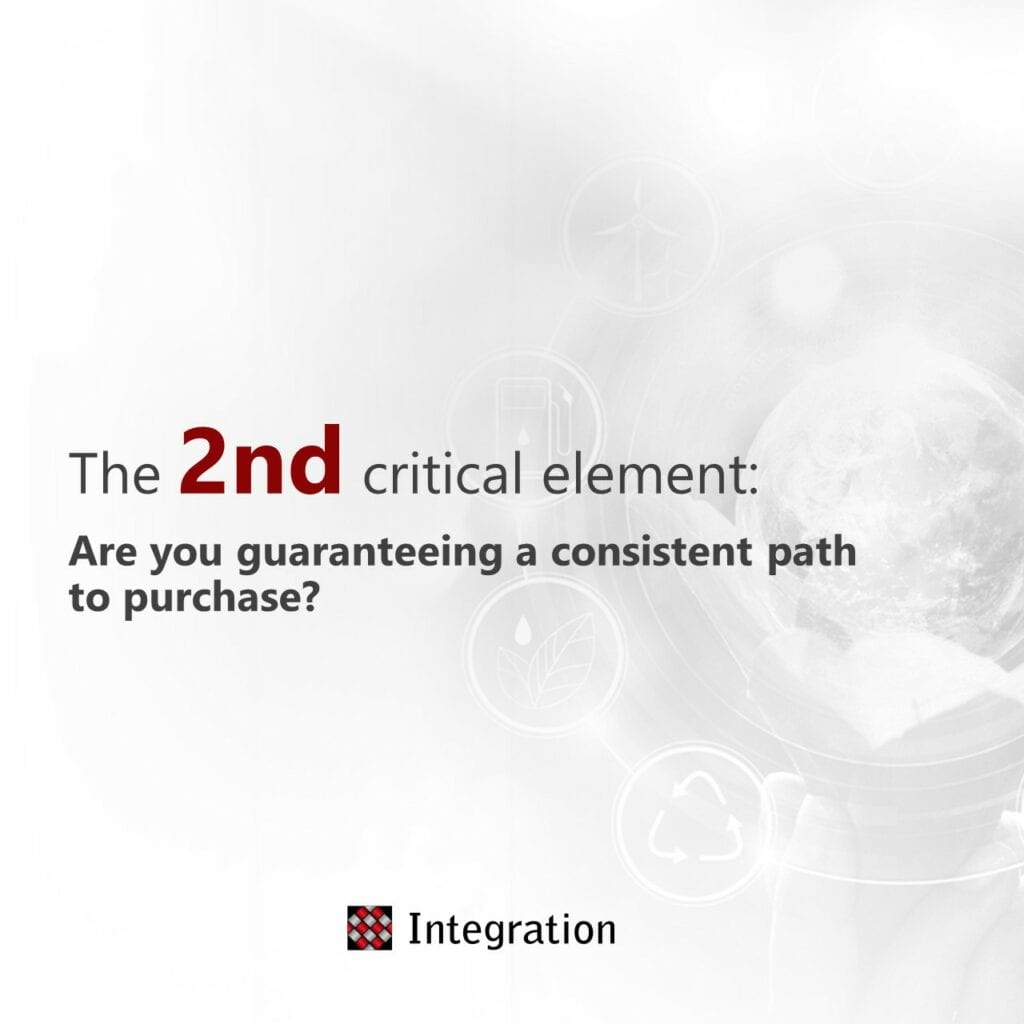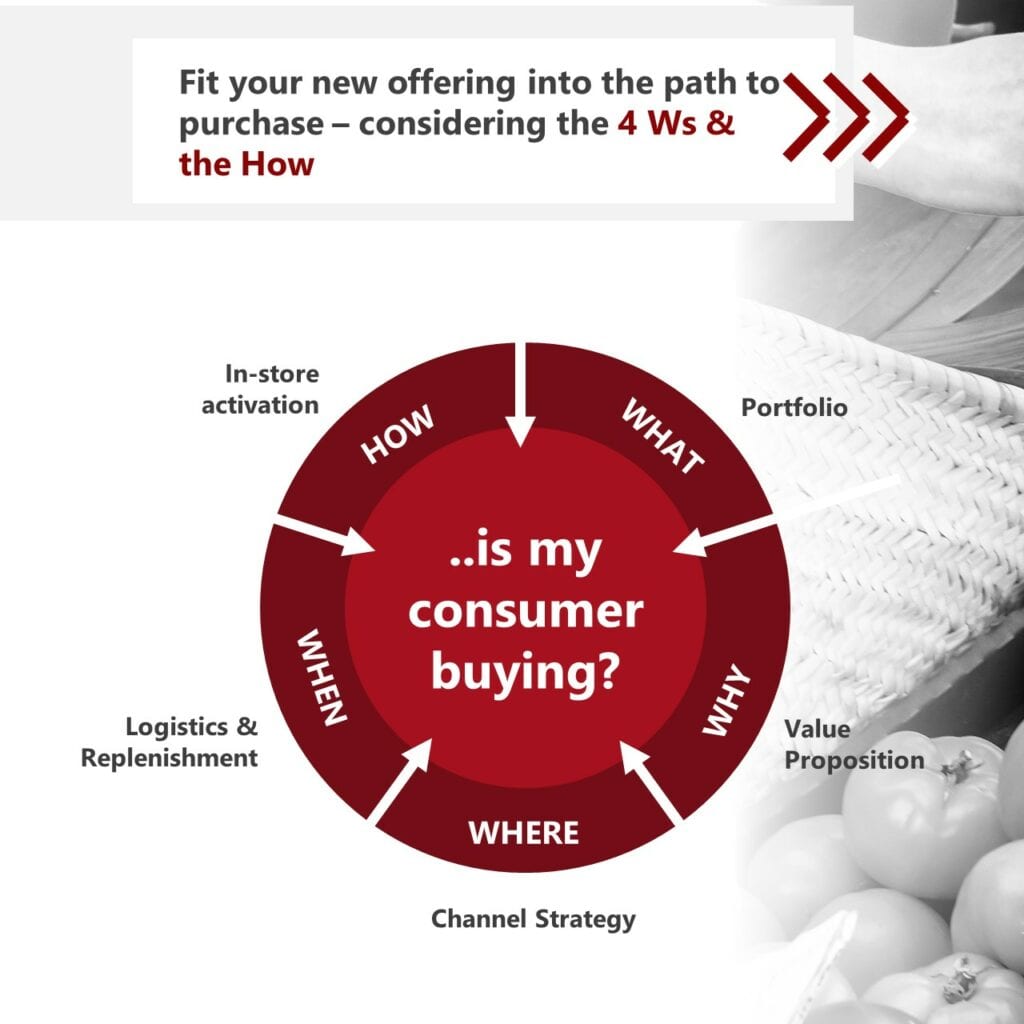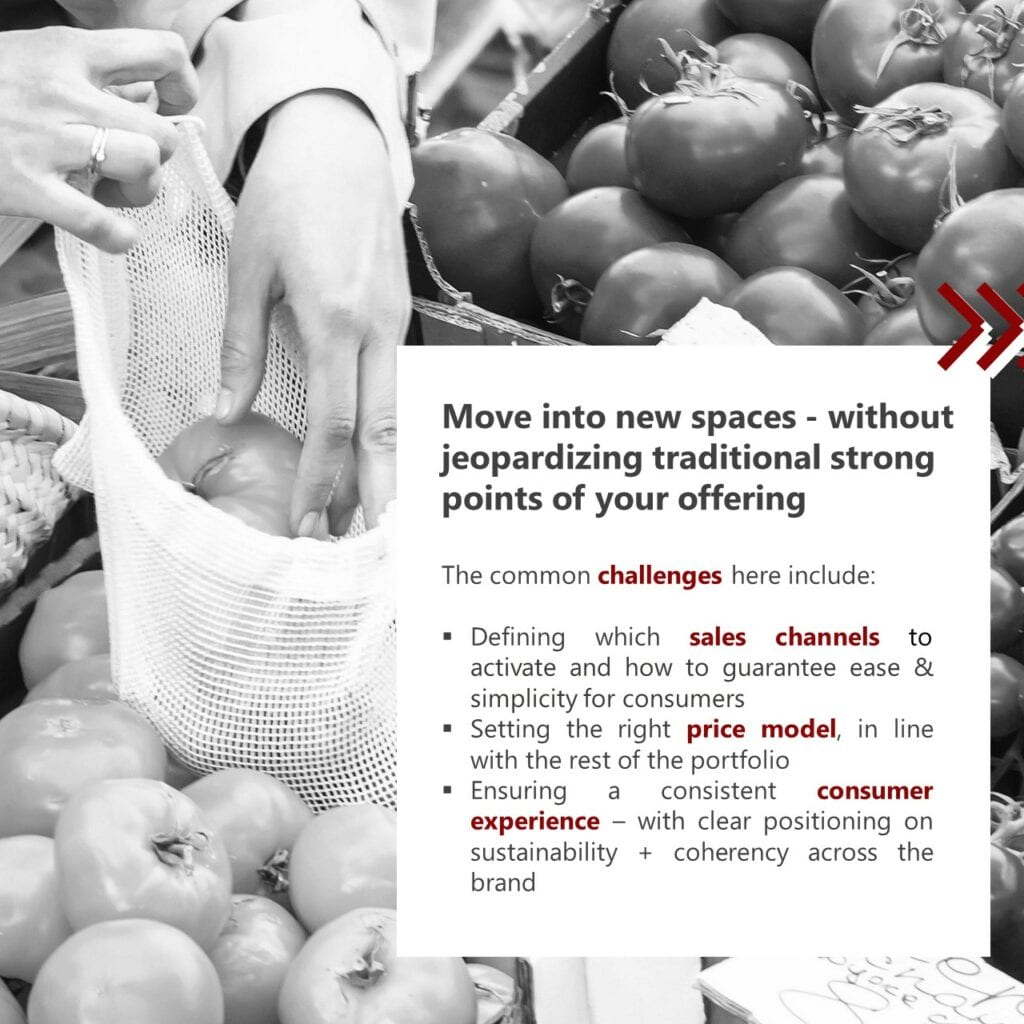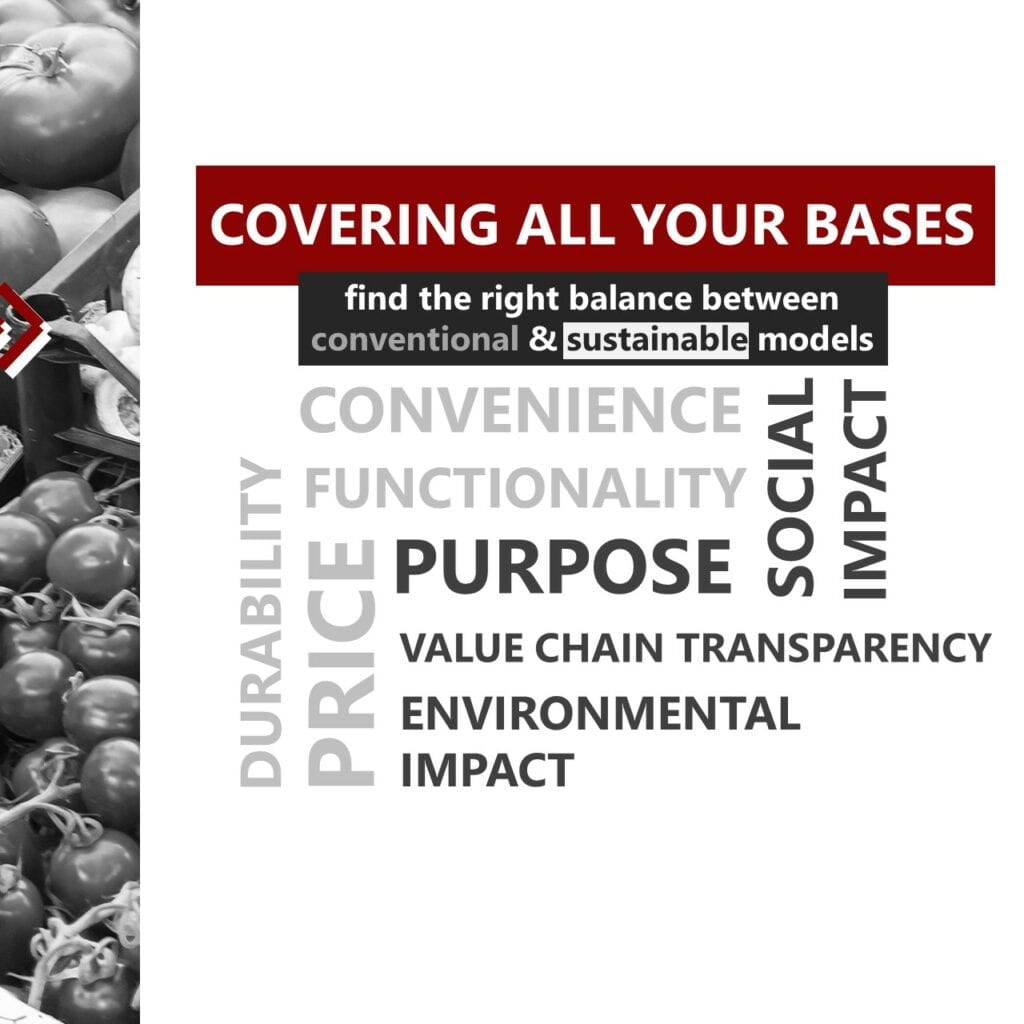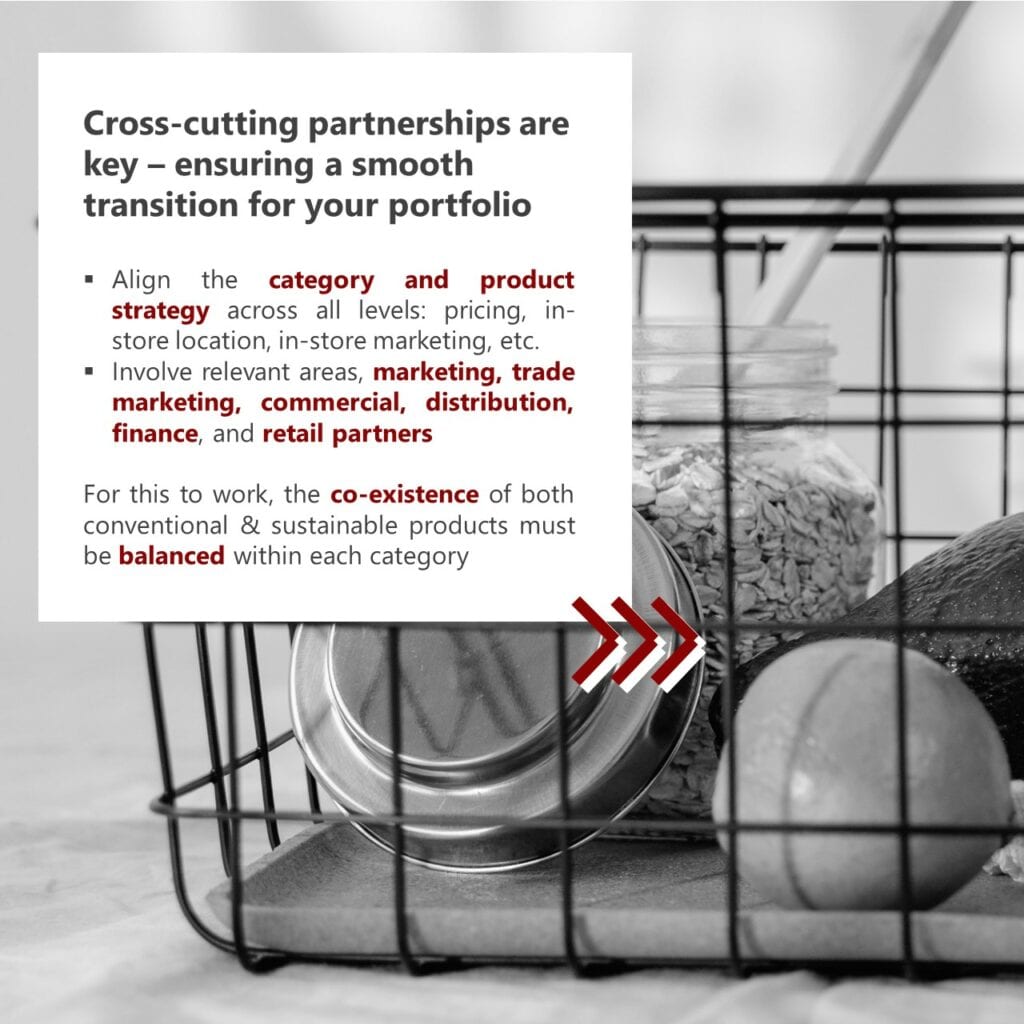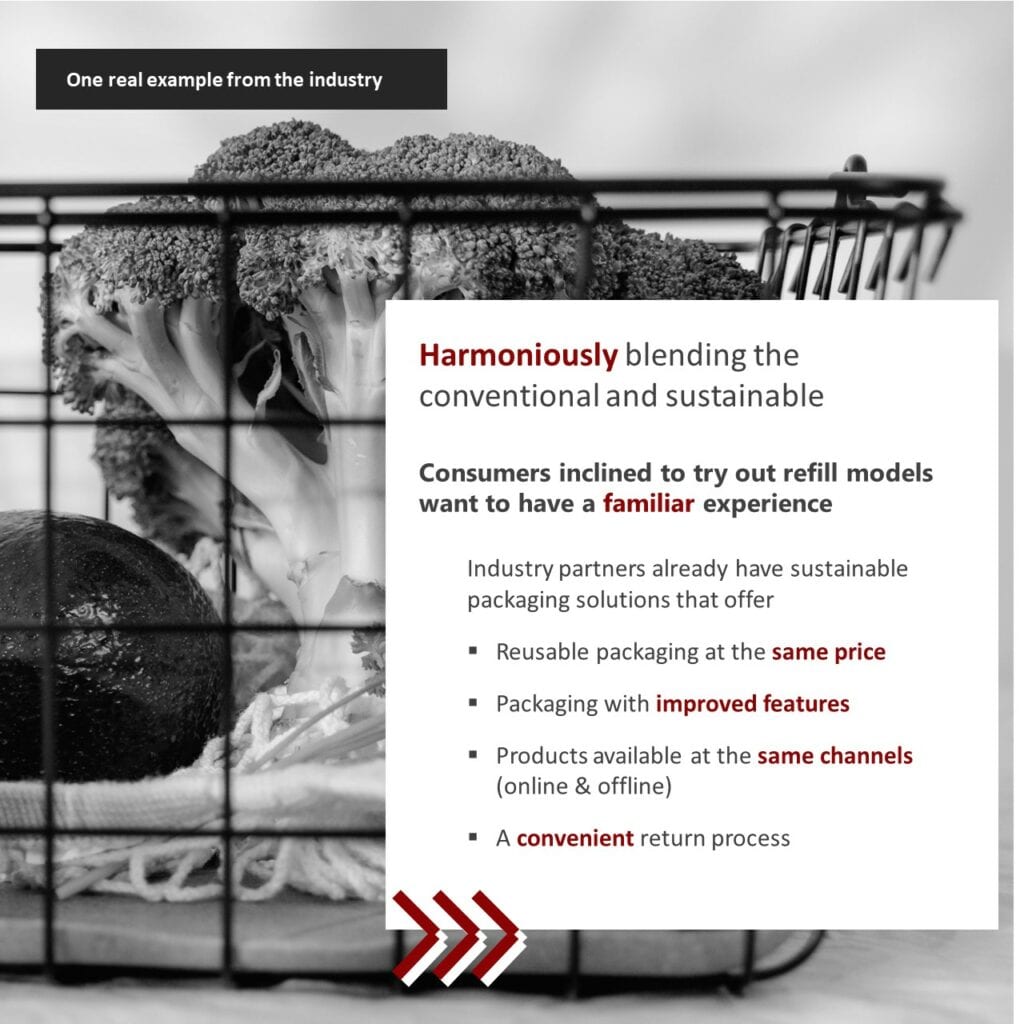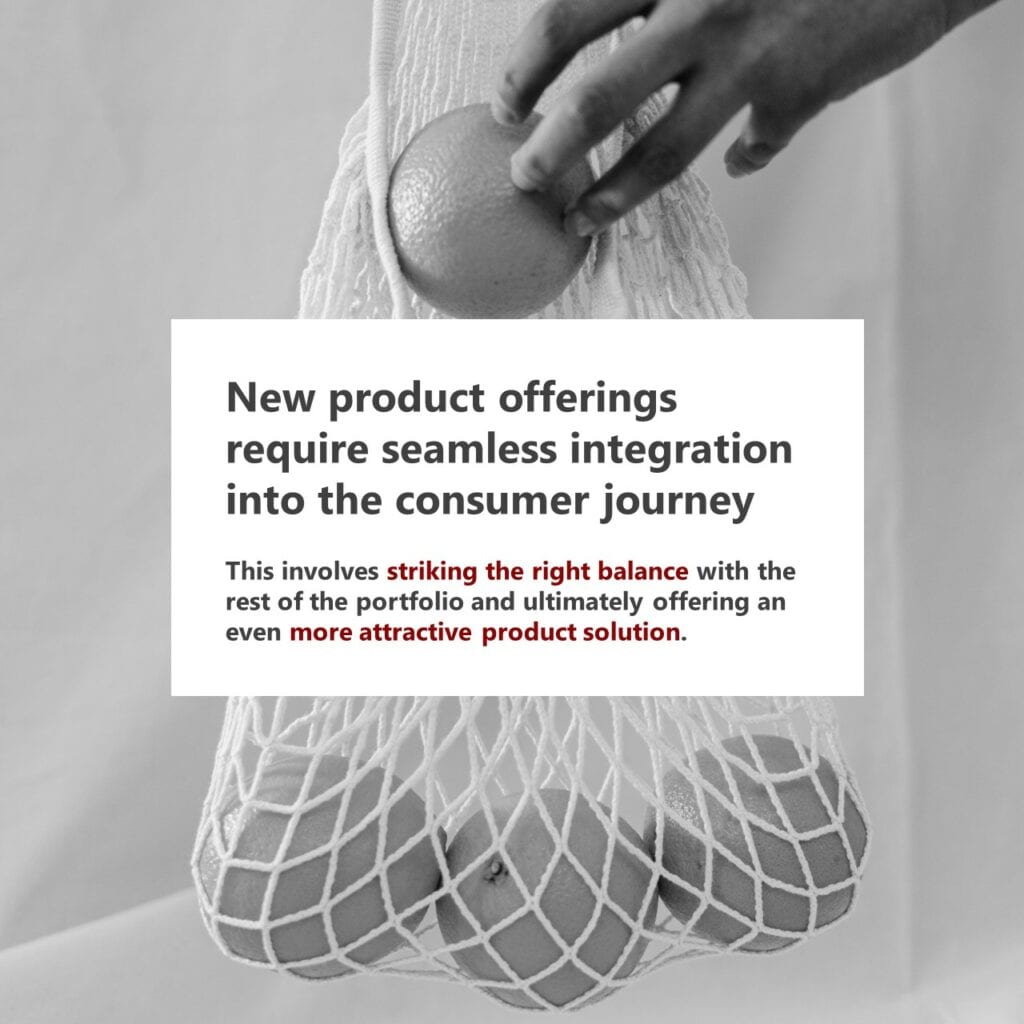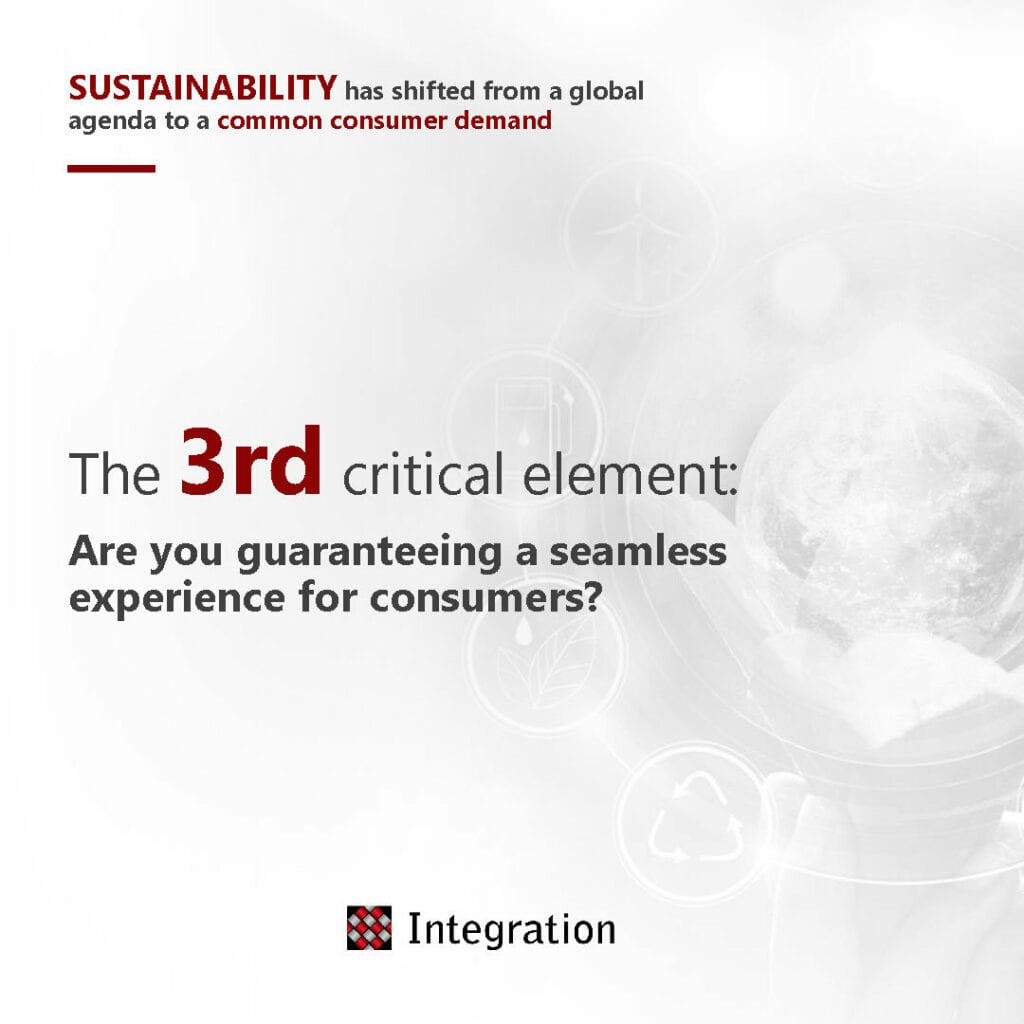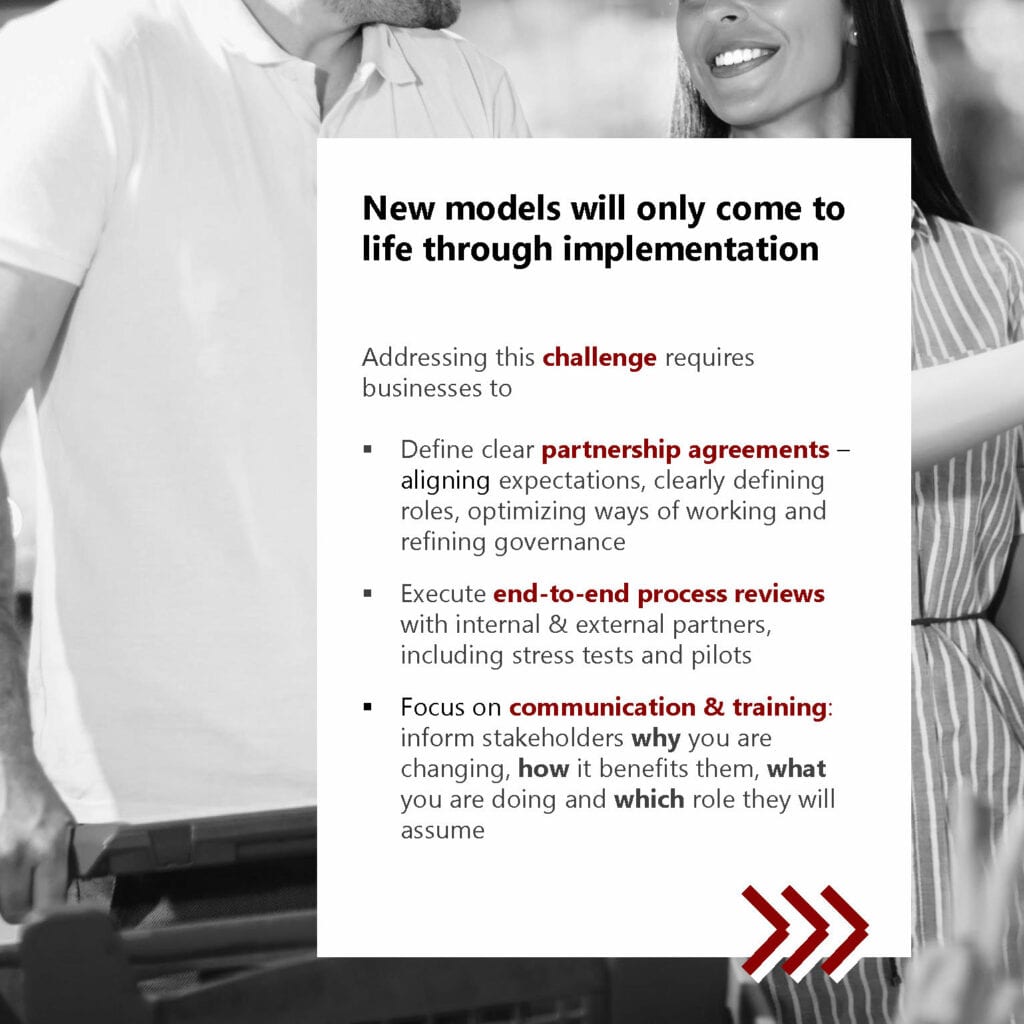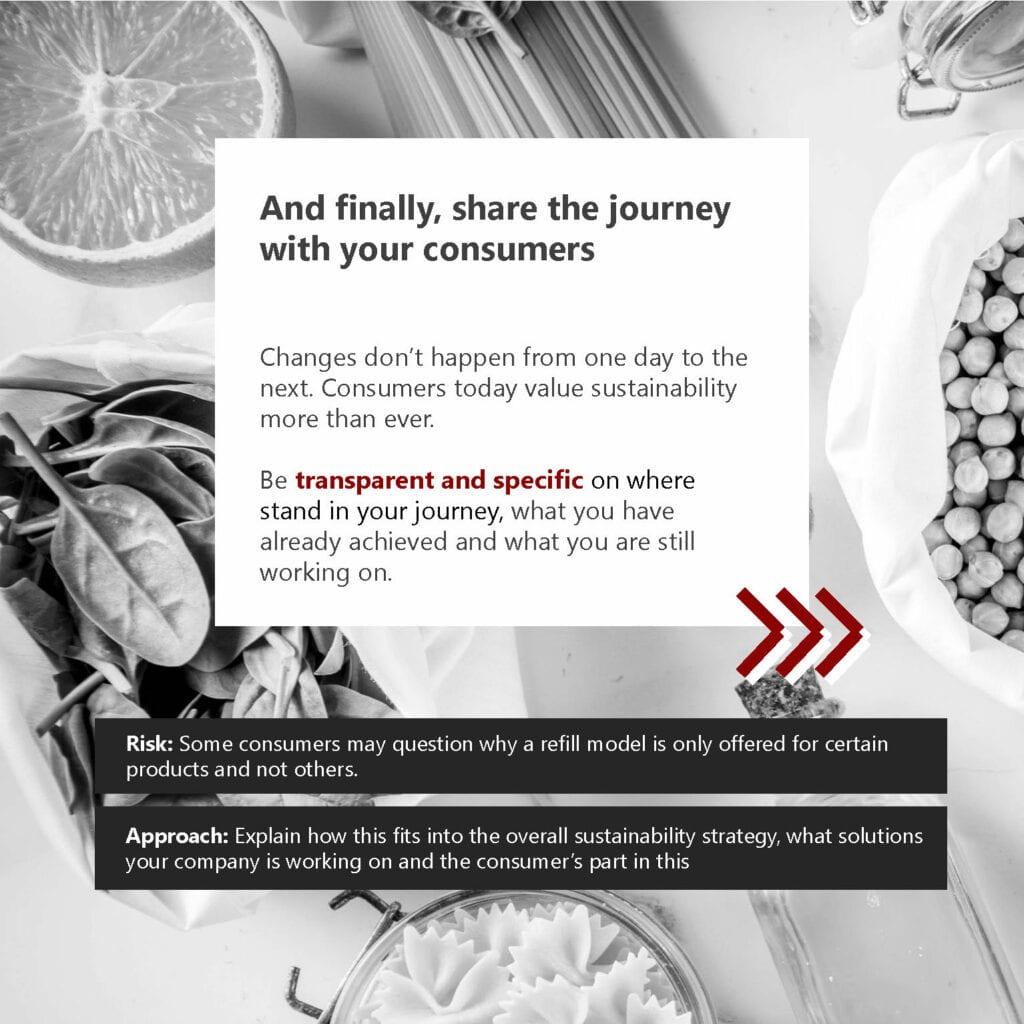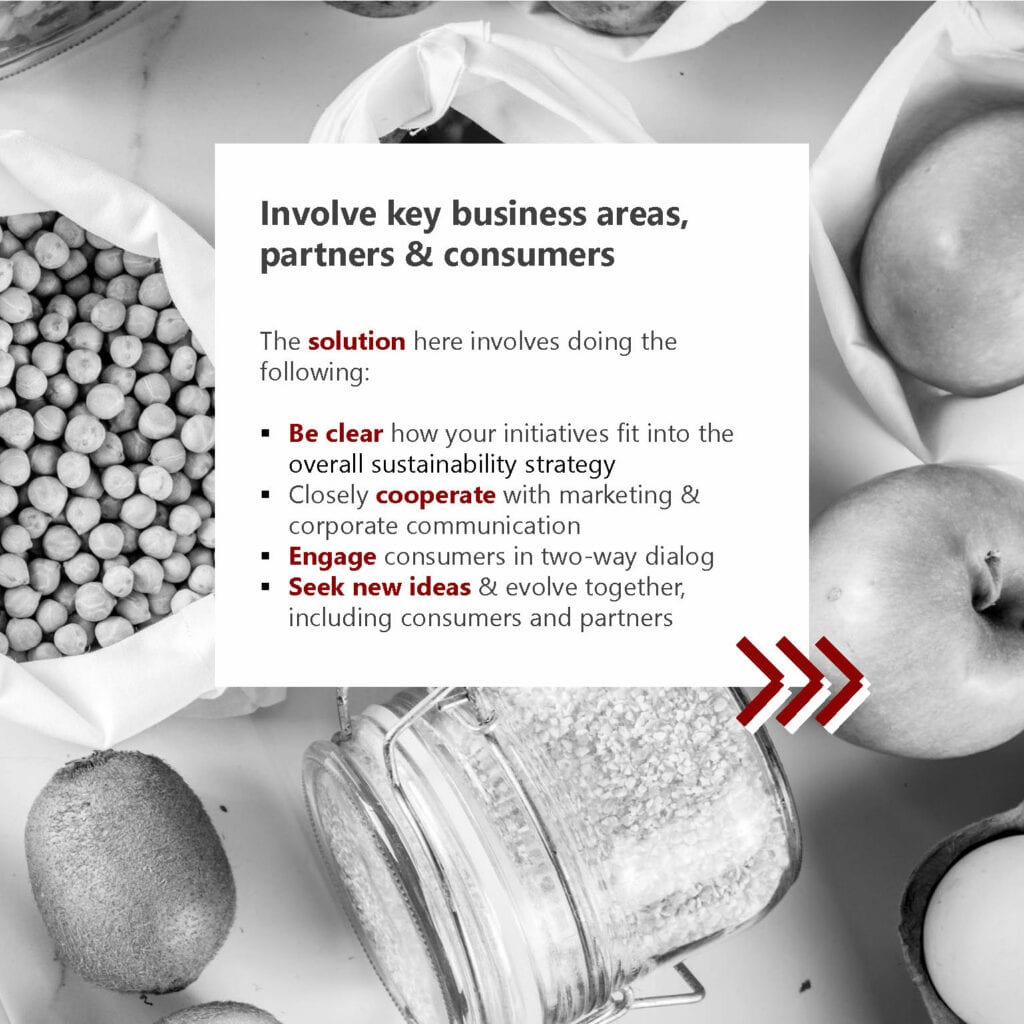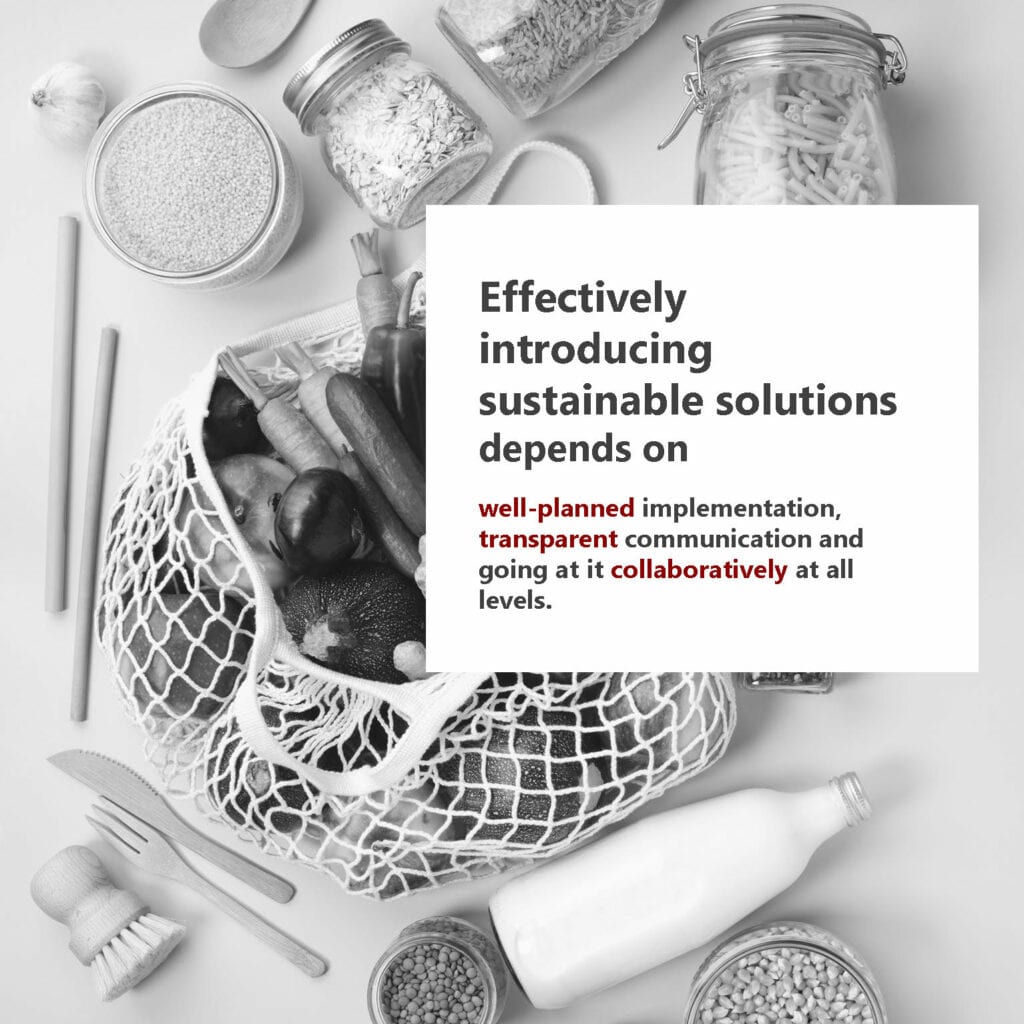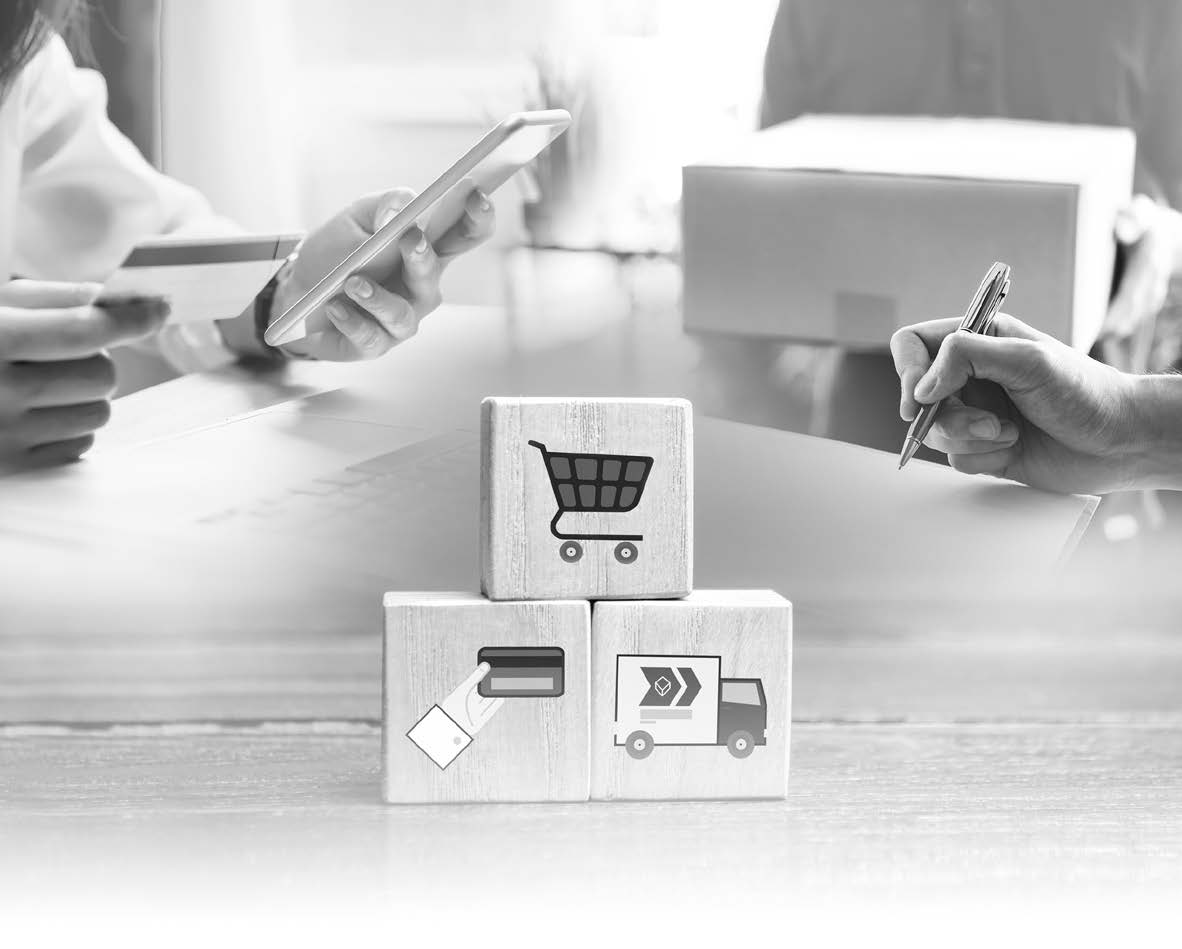
Sustainability Insights
Publications
Sustainability Insights
ADJUSTING TO CONSUMER NEEDS
Sustainability has converted from a global agenda into a common consumer demand
Do you know what your consumer really wants? Consumers today are looking “behind” the brands, increasingly expecting more than just a good product for a good price.
While changing consumer needs are already bringing about new sales models, product and packaging innovations and consumer segments, many companies are facing challenges in making this formula really work.
In this video, we talk with Alice Maschera, senior manager of our Marketing & Sales practice, about how consumer needs are changing and how companies can move beyond traditional consumption criteria to bring about new sales models, product and packaging innovation. She provides insights on 3 main challenges:
- SELECTING THE RIGHT LEVERS FOR GROWTH: how to assess which new models fit your reality and build a viable business case around them – for you and your partners
- GUARANTEEING A CONSISTENT PATH TO PURCHASE: how to make sustainability an integrated part of the shopper’s path to purchase reviewing brand, portfolio, innovation, and pricing strategy
- ASSURING PERFECT ACTIVATION: how to make the model come to life and guarantee a seamless consumer experience
Consumers are increasingly looking behind the brands, asking: who’s the company that produces the product? Are they aligned with my values? Do they help me achieve how I want to be as a global citizen?
In this video we talk with Joan Prats about how simply having great products is no longer a ticket to success. Today, brands need to stand for something more, and sustainability has become a clear decision factor for consumers. Based on his experience at Coca-Cola, he shares examples of how incorporating sustainability into your business creates opportunities by boosting innovation, driving brand differentials, and attracting new consumers. He answers the following questions:
- What are today’s consumers looking for in terms of sustainability? (0.36)
- How important a decision factor has sustainability become for consumers? (1.55)
- What are learnings you have had in terms of involving the consumer? (3.46)
- Have you seen any difference in sales numbers of brands that already have sustainable packaging versus a brand that doesn’t? (7.36)
- How are business models changing to become more sustainable and address these new consumer demands? (9.46)
- What is the importance of partnerships to realize more sustainable models and products? (11.32)
- What are some of the challenges moving forward to get to full levels of recycling? (14.25)
- Where do you advise companies that don’t have a focus on sustainability yet to start? (18.35)
All too often, only the risk side of sustainability is emphasized. But as “doing good by consuming responsibly” is becoming increasingly attractive for many shoppers, combining environmental and social responsibility with commercial viability can also prove to be a very powerful formula for profit. In our experience, while transitioning to more sustainable models is not easy, there are 3 critical elements to make this formula work.
- Understanding how new consumer decision-making factors are driving consumption and adjusting your portfolio and services by engaging in internal and external partnerships.
- Seamlessly integrating a sustainable model into the consumer journey, without jeopardizing traditional commercial drivers.
- Making it happen for your customer by guaranteeing effective implementation and communication based on collaboration inside of and beyond the business.
Are you leveraging the circular economy as a business opportunity?
The conventional linear way of using resources involving “take, make and waste” is hugely inefficient from a business perspective. In this video, we talk with Gerard Schoor, partner of Integration’s Sustainability Area, to learn more about how the circular economy offers a new vision for this, one in which materials (and their value) are kept in use. As highlighted by Gerard, this is an attractive business proposition in itself, generating new revenue opportunities, costs savings and keeping up with consumers expectations.
We also discuss three key considerations to ensure businesses are successful in this endeavor:
- Understand the reversed chain: analyzing the chain, from the waste generators to the players collecting, sorting, processing and recycling it, and properly identifying the conditions, prices and margins for waste as well as the specific characteristics of the market
- Select the right partners: carrying out an in-depth assessment to correctly define which players have the volume, network, capabilities and fit to your business needs
- Set up the partnership for success: investing due care into this most challenging part of this solution by effectively dealing with the different nature of the companies as well as a lack of clear expectations, roles, and governance
Is your business finding it challenging to set up efficient reversed logistics for your waste?
We talked with Ian McKee, an expert on the circular economy and CEO of Solidos, about the need for companies to get serious about their waste, both from a risk and opportunity perspective. His top tips for how to effectively do so include:
- Defining a circularity strategy suited to your specific challenges
- Redesigning your products accordingly
- Becoming a service provider rather than merely a product manufacturer
- Leveraging partnerships to guarantee viable and efficient reversed logistics
- Digitalizing waste to guarantee traceability
TALK TO US
- On 25 May 2021
